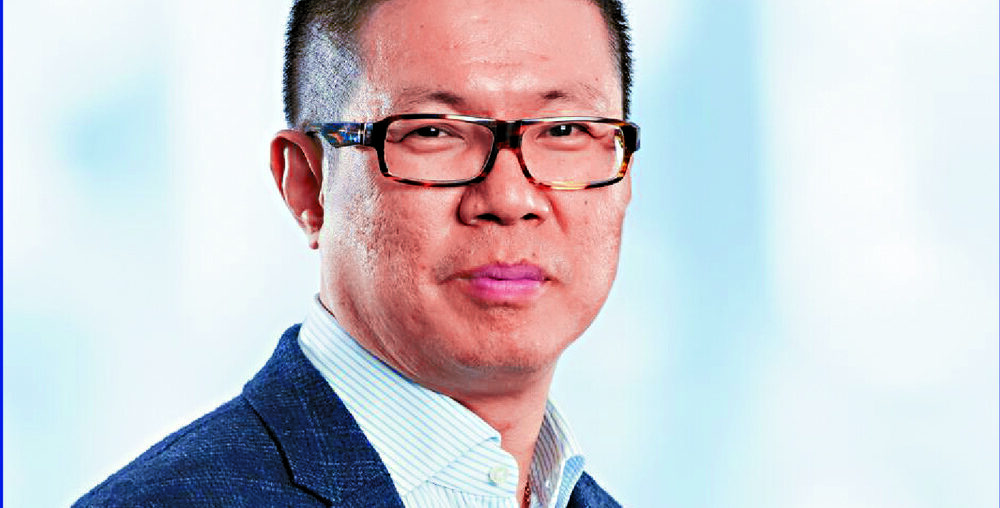China’s probe into AstraZeneca has reached its uppermost echelons, ensnaring local president Leon Wang and questioning the future of the most successful Western pharmaceutical company in the country.
The investigation is focused on aggressive sales tactics used in at least two of its oncology drugs – the lung cancer treatment Tagrisso and the immunotherapy Imjudo – people familiar with the matter said.
In the Tagrisso case, some employees involved have already been given lengthy prison sentences, the people said.
Wang’s detention signals that authorities suspect top management were aware of, or sanctioned, breaches that include doctoring patient results for insurance reimbursement.
The crackdown comes after years of efforts to boost China sales by AstraZeneca.
The British drugmaker has also been the most willing among Big Pharma to slash the prices of its innovative therapies to be included in the country’s national insurance, and has embarked on an expansion of local manufacturing.
It signals that bold sales tactics are being closely watched by Beijing.
”This may have a chilling impact on the industry and shows that the anti-corruption campaign is lingering,” Bloomberg Intelligence analyst Leslie Yang said.
Wang’s involvement is a dramatic twist of fortune as the announcement comes after Eva Yin, the company’s former head of oncology who reported to Wang, was detained.
Under Wang’s leadership, AstraZeneca’s China sales grew from just 7 percent of total revenue in 2013 to 20 percent at its peak in 2019.
But it also got hit hard when China pushed to replace expensive foreign brands of off-patent medications with cheap domestic generics that saw AstraZeneca lose substantial revenue in treatments like cancer drug Iressa and heart medicine Crestor.
In the Tagrisso case, which started in 2022, AstraZeneca employees allegedly helped alter genetic test results so that patients who would not have qualified for reimbursement of the drug could get insurance coverage.
In the Imjudo case, AstraZeneca employees may have been linked to efforts to smuggle it into the country.
Despite the country’s hunger for innovative medication, the probe shows that cost control remains a priority for policymakers, analysts said, especially as the population rapidly ages.
BLOOMBERG


